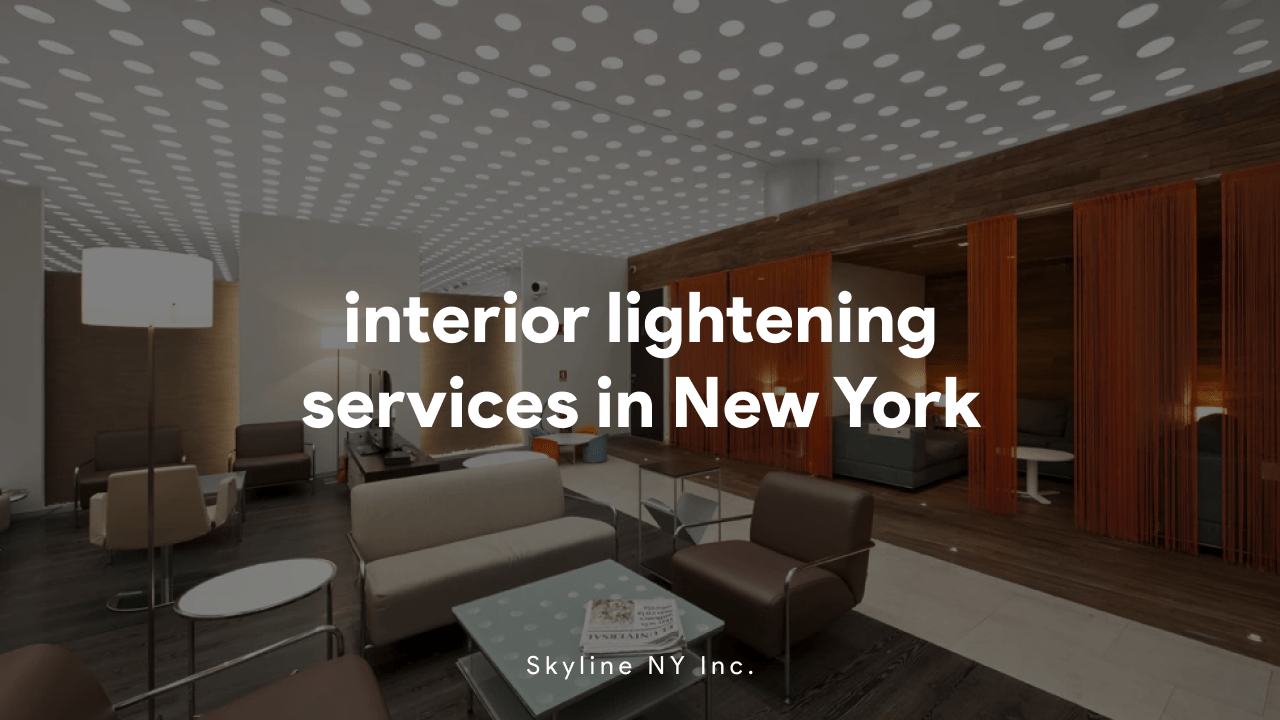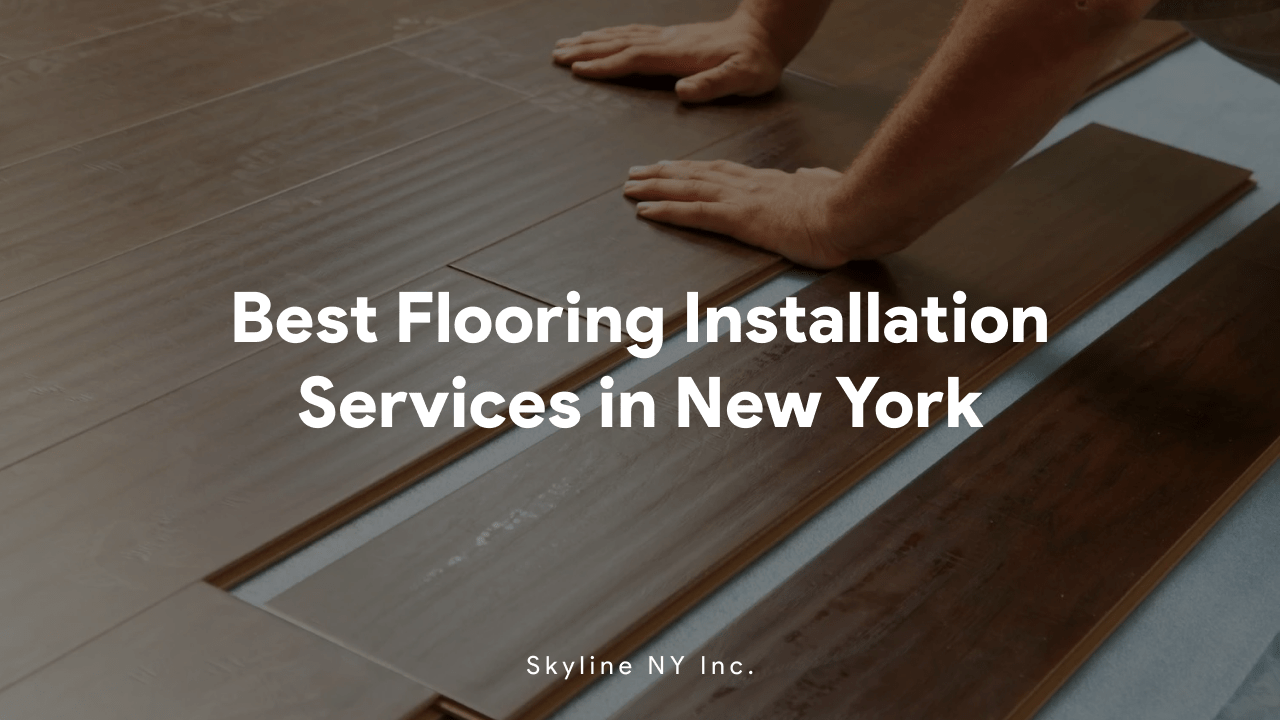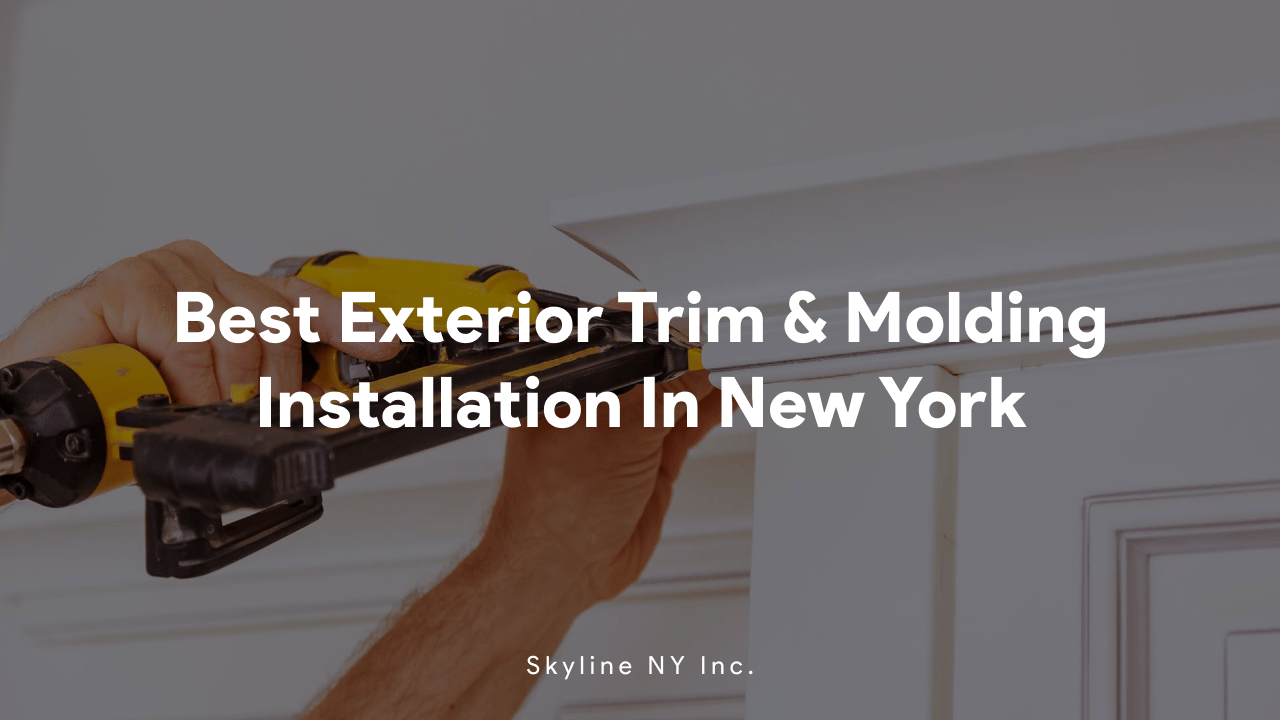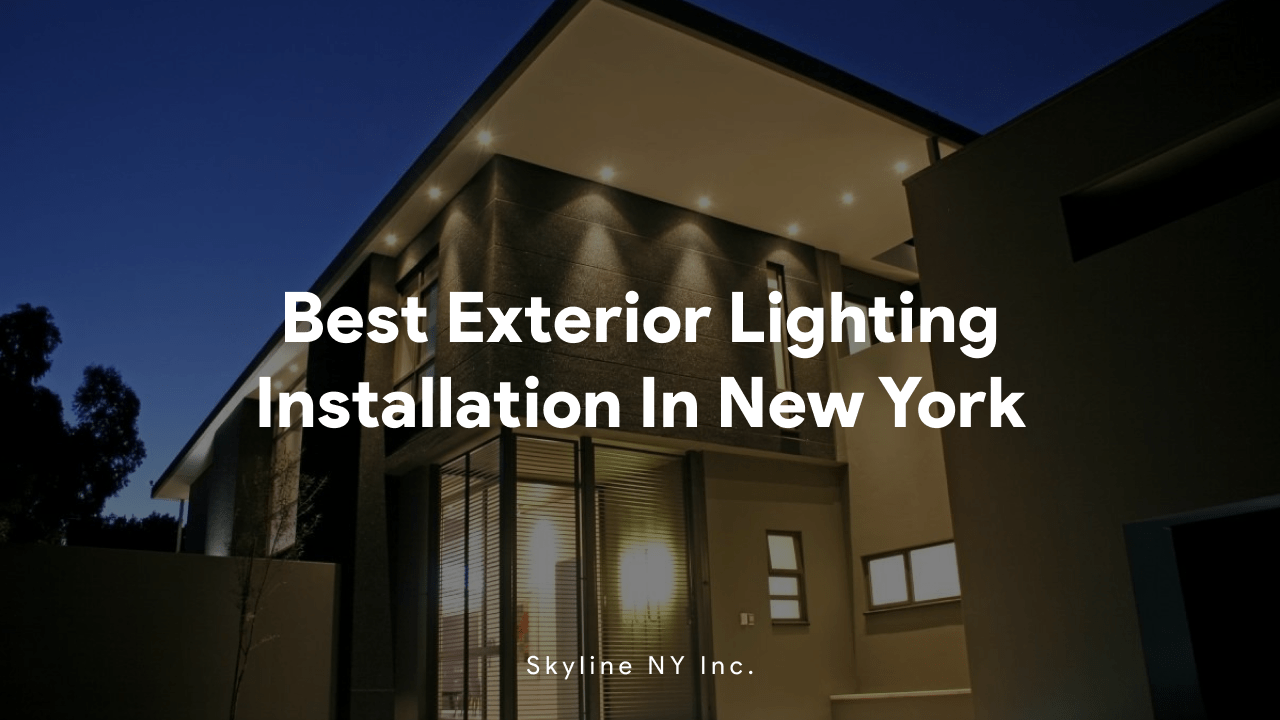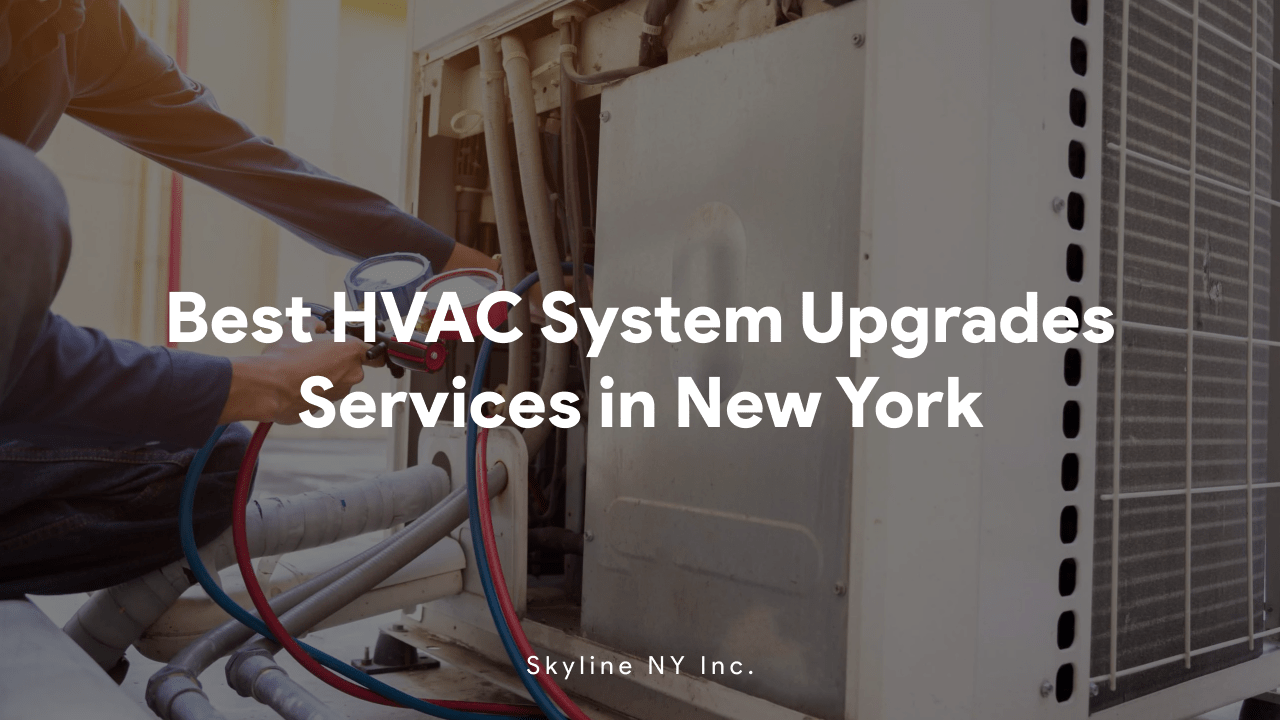
Best HVAC System Upgrades Services in New York

Looking for the Best HVAC System Upgrades Services in New York
As a homeowner in New York, you know how crucial it is to maintain a comfortable living environment throughout the year. Your heating, ventilation, and air conditioning (HVAC) system plays a vital role in achieving that comfort. But what if your system is outdated or inefficient? Upgrading your HVAC system can significantly improve both your comfort and energy efficiency. In this blog post, we’ll explore the benefits of HVAC upgrades and provide essential information for New Yorkers.
Why Upgrade Your HVAC System?
1. Energy Efficiency
An old HVAC system can be a drain on your wallet. If your system is more than 10 years old, it’s time to consider an upgrade. Replacing it with an Energy Star-rated model can save you approximately $200 per year on your utility bill. Not only will you reduce costs, but you’ll also enjoy a more comfortable home.
2. Comfort and Performance
Are you experiencing hot and cold spots in certain rooms? Frequent repairs? Don’t wait until your system fails completely. Proactively evaluate its performance with the help of a professional. Upgrading to a newer system ensures consistent comfort and reliable performance.
3. Underlying Issues
Before investing in a new HVAC system, address any underlying problems. Leaky ductwork, poorly programmed thermostats, or inadequate insulation can affect your system’s efficiency. Fixing these issues can enhance comfort without breaking the bank.
Choosing the Right System
1. Climate Considerations
New York’s climate varies, so your choice of HVAC system matters. For most residents, a combination of a natural gas furnace for heating and an electric unit for cooling works well. However, if you live in a moderate climate, consider an air-source heat pump.
2. Energy Star Models
Always opt for Energy Star models—they’re 10% to 15% more efficient than standard units. Whether you’re replacing the entire system or specific components, prioritize energy efficiency.
3. Proper Sizing
Size matters! A system designed for a larger house won’t run efficiently in a smaller space. Oversized systems cycle on and off too frequently, affecting humidity levels. Mold growth due to excess moisture can lead to costly repairs.
Tax Incentives for HVAC Upgrades
1. Federal Tax Credits
Energy Efficient Home Improvement Credit: If you make qualified energy-efficient improvements to your home after January 1, 2023, you may qualify for a federal tax credit of up to $3,200. This credit applies to improvements made through 2032. The credit includes the following components:
- Qualified Energy Efficiency Improvements: These include upgrades to your HVAC system, insulation, windows, and doors.
- Residential Energy Property Expenses: This covers costs related to energy-efficient home improvements.
- Home Energy Audits: If you conduct an energy audit, you can also claim a portion of the credit.
Maximum Annual Credit:
- $1,200 for energy property costs and certain energy-efficient home improvements (with specific limits on doors, windows, and home energy audits).
- $2,000 per year for qualified heat pumps, biomass stoves, or biomass boilers.
- The credit has no lifetime dollar limit, and you can claim it annually until 2033.
- Note that the credit is nonrefundable, meaning you can’t receive more than what you owe in taxes.
2. Other Energy Efficiency Credits
ENERGY STAR Program:
Up to $600 (or 30% of the product cost) for upgrading your windows in one taxable year.
30% of the product cost up to $250 per door (with a maximum of $500 in one taxable year).
30% of the project costs (up to $2,000) for a heat pump water heater.
Leave It to the Professionals
HVAC upgrades are significant investments, so consult a professional. They’ll assess your needs, recommend the right system, and ensure proper installation. Remember, your HVAC system impacts your comfort, energy bills, and overall well-being.

